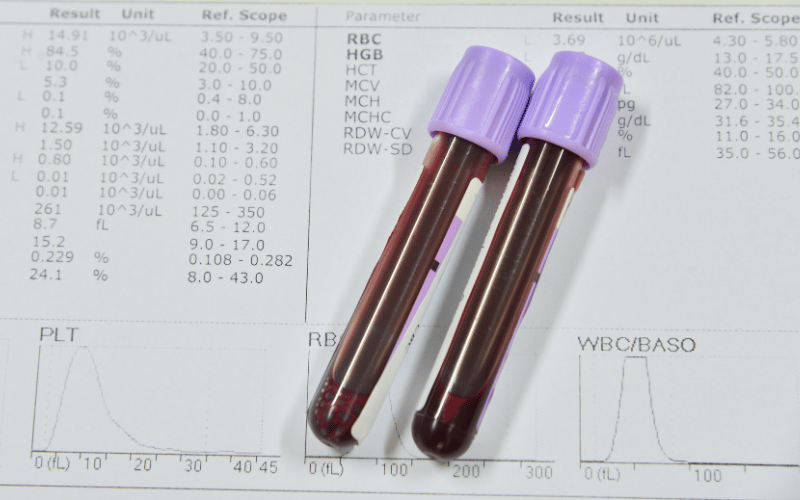12. Abnormal Blood Counts: The Invisible yet Revealing Markers

In Burkitt Lymphoma, abnormal blood counts are often one of the first signs that something is amiss. A routine blood test that reveals low red or white cell counts, or a low platelet count, can be the first clue that leads to a lymphoma diagnosis.
These aren’t just abstract numbers on a page; they represent a fundamental disruption in the body’s ability to sustain itself. Low red cell counts (anemia) can lead to constant fatigue; low white cell counts can leave a patient vulnerable to infections; and low platelets can lead to easy bruising and bleeding.
For doctors, these abnormal counts are like a road map. They guide treatment, indicating when to be aggressive and when to pull back to allow a patient’s body to recover. They’re a key tool in the delicate balancing act that is cancer treatment, providing ongoing feedback about how a patient is responding and how their body is holding up under the strain.
Abnormal blood counts, especially if they are not responsive to treatment, can have significant implications for a patient’s prognosis and life expectancy. They can indicate that the lymphoma is resistant to therapy or that it has extensively infiltrated the bone marrow, both of which are critical considerations when assessing future outcomes. (12)